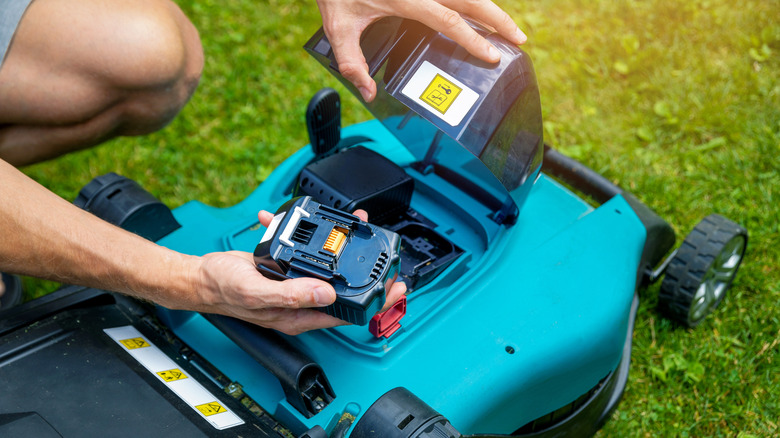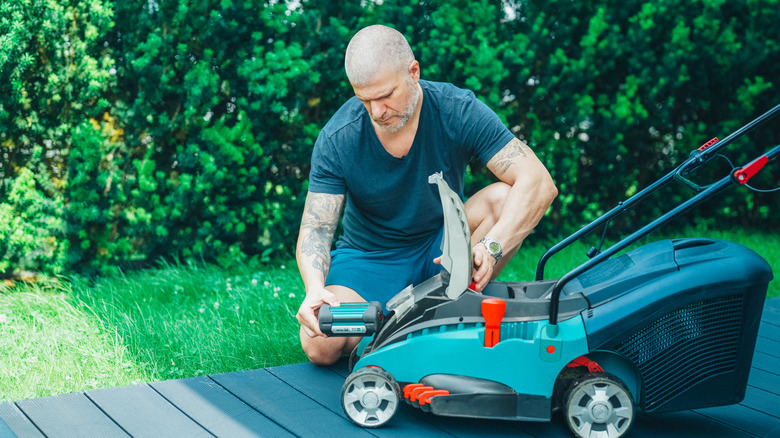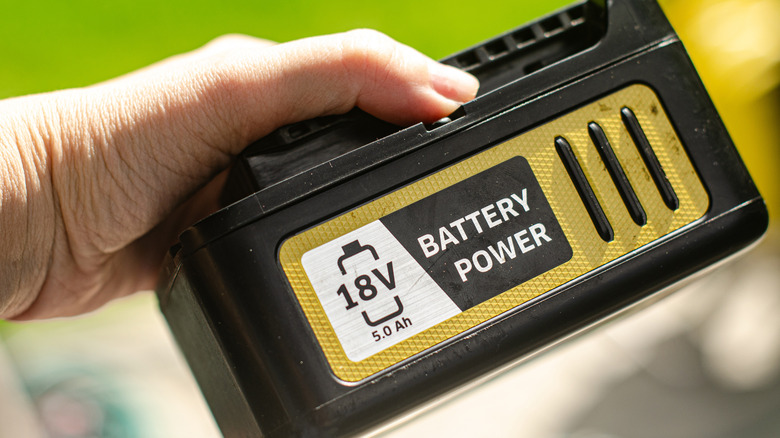How To Choose The Best Charger For Your Lawn Mower Battery
Imagine waking up early one weekend morning to do some work on your yard, only to discover that your lawn mower won't start. In your mind, you were sure it had enough juice before you tucked it away. But now you have guests coming over, making you all the more desperate to trim the grass and make your lawn presentable. However, the machine's dead battery is keeping you from following through with those plans.
There are several possible reasons why your lawn mower's battery died after a long storage period, and most of them have to do with your charger. Maybe the device did not charge properly the last time you used it, or you used the wrong charger for your mower's battery type. Worse, the amperage of your charger did not match the power tool's battery, so now the circuitry inside your battery is messed up.
Choosing the right charger for your lawn mower's battery is more important than many people realize. Using a charger that's not fit for your battery's voltage or chemistry can shorten its lifespan, lead to poor performance, increase the risk of battery failure, or even cause a fire or explosion. Even the power tools from the most popular lawn mower brand in the USA require the right types of chargers for them to work efficiently, avoiding those inconvenient surprises when it's time to get the job done.
What you need to understand about battery types
Before buying a charger for your lawn mower, you first need to find out what type of battery is powering your equipment. There are two primary types: lead-acid and lithium-ion. It's usually easy to tell these two apart based on whether you have a gas or battery-powered lawn mower. Gas-powered mowers commonly have lead-acid batteries inside them, while battery-operated ones use lithium-ion batteries. Lead-acid batteries — like the ones found in cars — also have two varieties: flooded (wet cell) and sealed (AGM or gel). Lead-acid batteries are relatively more affordable and can last for years, but they require frequent checks and maintenance, especially for the flooded types.
On the other hand, you've probably heard of lithium-ion batteries, as they are commonly used in smartphones. Many electric push mowers rely on this battery type. Compared to lead-acid, lithium-ion batteries are lighter, recharge faster, and require less maintenance. They also tend to produce a more consistent power output and have a longer lifespan. However, since these batteries utilize a different technology, they only work with specific chargers.
Switching chargers for the two battery types can lead to charging issues or permanent damage. That's why it's important to tell which battery is powering your lawn mower before purchasing a charger. To avoid confusion, check the user manual. If it's not indicated there, you can contact the manufacturer and ask about your device's battery specs and recommended charger.
Your battery's voltage and the charger's amperage also matter
It's also important to determine the battery's voltage. Most lawn mowers are equipped with batteries ranging from 12V to 80V and above. When choosing a charger based on the battery's voltage, ensure that their voltages match. A 12V battery should be charged with a 12V charger, as using the wrong voltage may overcharge or undercharge the battery, thereby reducing its efficiency.
Another parameter you need to consider is amperage, also referred to as the charge rate. Most lawn mower batteries require a charge rate between 2 and 10 amps. A low-amperage charger (1-2 amps) is good for slow and steady charging or battery maintenance. It's ideal for charging overnight or when you are preparing your lawn mower for winter. Since it only trickles electricity, it promotes gentle charging, which is better for your battery's health and longevity. Moderate-amperage chargers (6-10 amps) promote standard charging, so they are perfect for mowers that are used regularly. Beyond 10 amps, you are getting a high-amperage charger, which charges faster and can be useful when reviving a dead battery quickly. If you need to trim your lawn urgently while your mower's battery is dead, this option will come in handy. However, using a high-amperage charger on small batteries too often can overheat and wear them out prematurely.
Many modern lawn mowers, including the best battery-powered lawn mowers on the market, come with smart chargers that automatically adjust to different capacities within a supported voltage. If your unit is dated and doesn't come with it, it's best to cross-reference your battery's label and user guide to make sure you are getting the right charger.


